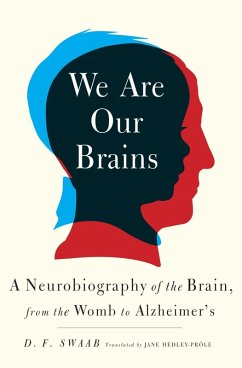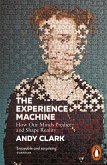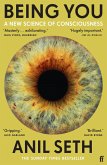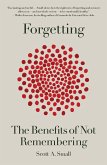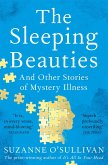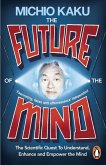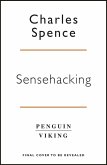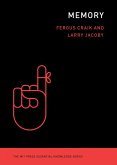A vivid account of what makes us human. Based groundbreaking new research, We Are Our Brains is a sweeping biography of the human brain, from infancy to adulthood to old age. Renowned neuroscientist D. F. Swaab takes us on a guided tour of the intricate inner workings that determine our potential, our limitations, and our desires, with each chapter serving as an eye-opening window on a different stage of brain development: the gender differences that develop in the embryonic brain, what goes on in the heads of adolescents, how parenthood permanently changes the brain. Moving beyond pure biological understanding, Swaab presents a controversial and multilayered ethical argument surrounding the brain. Far from possessing true free will, Swaab argues, we have very little control over our everyday decisions, or who we will become, because our brains predetermine everything about us, long before we are born, from our moral character to our religious leanings to whom we fall in love with. And he challenges many of our prevailing assumptions about what makes us human, decoding the intricate "moral networks" that allow us to experience emotion, revealing maternal instinct to be the result of hormonal changes in the pregnant brain, and exploring the way that religious "imprinting" shapes the brain during childhood. Rife with memorable case studies, We Are Our Brains is already a bestselling international phenomenon. It aims to demystify the chemical and genetic workings of our most mysterious organ, in the process helping us to see who we are through an entirely new lens. Did you know? • The father's brain is affected in pregnancy as well as the mother's. • The withdrawal symptoms we experience at the end of a love affair mirror chemical addiction. • Growing up bilingual reduces the likelihood of Alzheimer's. • Parental religion is imprinted on our brains during early development, much as our native language is. Praise for We Are Our Brains "Swaab's 'neurobiography' is witty, opinionated, passionate, and, above all, cerebral."-Booklist (starred review) "A fascinating survey . . . Swaab employs both personal and scientific observation in near-equal measure."-Publishers Weekly (starred review) "A cogent, provocative account of how twenty-first-century 'neuroculture' has the potential to effect profound medical and social change."-Kirkus Reviews
Dieser Download kann aus rechtlichen Gründen nur mit Rechnungsadresse in A, B, BG, CZ, D, DK, EW, E, FIN, F, GR, HR, H, I, LT, L, LR, NL, PL, P, R, S, SLO, SK ausgeliefert werden.

